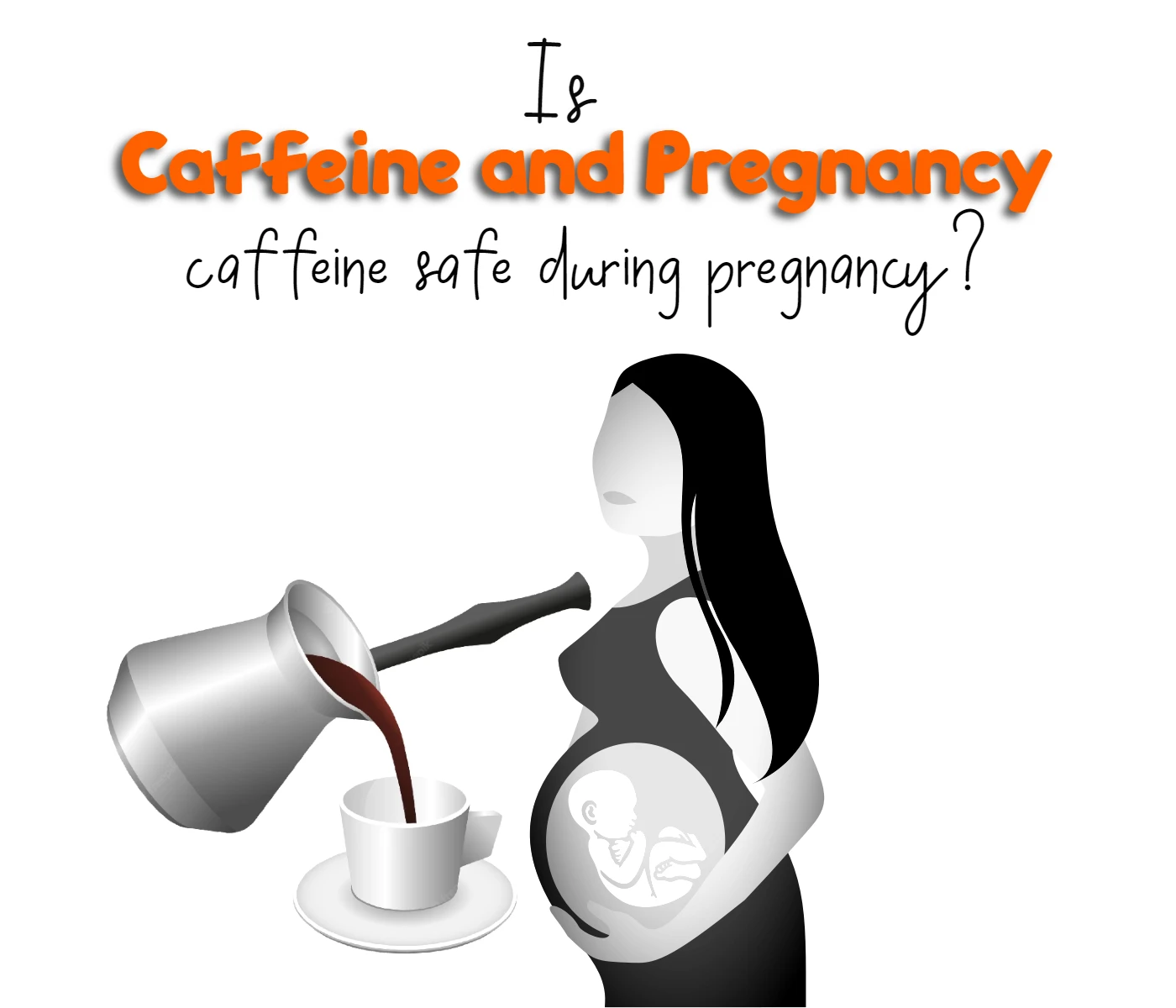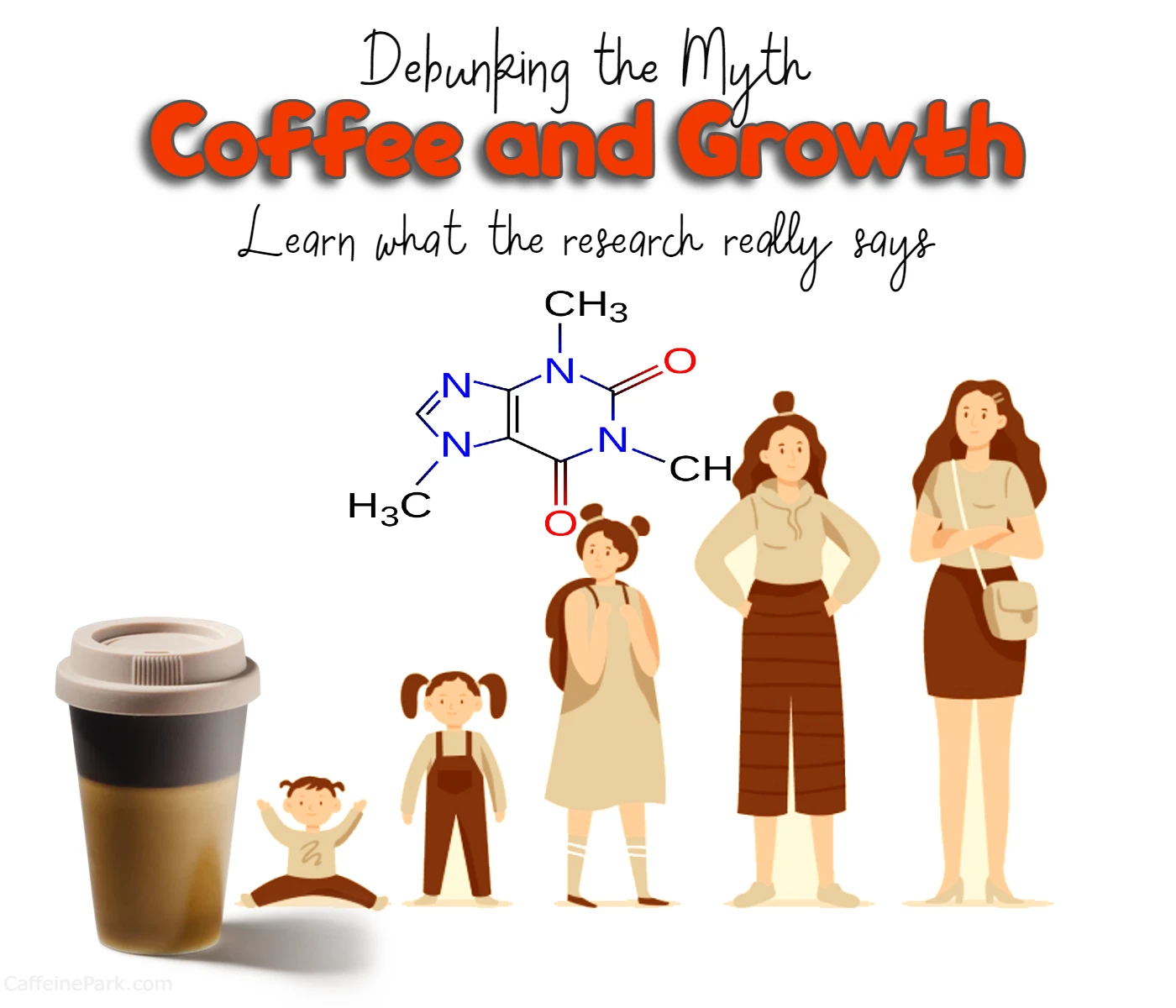
If you’re a coffee lover and you’re pregnant, you may be wondering if it’s safe to continue drinking caffeine. Good news: a recent study from the Perelman School of Medicine at the University of Pennsylvania and the National Institutes of Health found that consuming a low amount of caffeine during pregnancy could actually help to reduce the risk of gestational diabetes.
The study, conducted by researchers at the Perelman School of Medicine at the University of Pennsylvania and the National Institutes of Health, found that low-to-moderate caffeine consumption can actually reduce the risk of gestational diabetes in pregnant women. However, it’s important to note that the study was not able to assess the association of consumption above the recommended limit of 200 mg per day.
But before we dive into the study, let’s start with some basic information about caffeine and pregnancy.
What is caffeine?
Caffeine is a stimulant that’s commonly found in coffees, teas, chocolates, and some soft drinks. It’s also sometimes added to energy drinks and certain medications.
What are the risks of consuming caffeine during pregnancy?
There have been studies that suggest that high levels of caffeine consumption during pregnancy can be linked to pregnancy loss and fetal growth problems. As a result, the American College of Obstetricians and Gynecologists (ACOG) recommends that pregnant women limit their caffeine consumption to less than 200 mg (about two, six-ounce cups) per day.
However, there remains limited data on the link between caffeine and maternal health outcomes. This is where the recent study comes in.
What Did the Study Find?
The American College of Obstetricians and Gynecologists (ACOG) recommends that pregnant women limit their caffeine consumption to less than 200 mg per day. This is based on previous studies that suggested potential associations with pregnancy loss and fetal growth at higher caffeine levels. However, there is limited data on the link between caffeine and maternal health outcomes.
To better understand this association, researchers studied prospective data from 2,529 pregnant participants who were enrolled in the National Institute of Child Health and Human Development (NICHD) Fetal Growth Studies-Singleton Cohort at 12 U.S. clinical centers between 2009 and 2013.
The participants reported their weekly intake of caffeinated coffee, caffeinated tea, soda, and energy drinks at enrollment and at each office visit thereafter. Concentrations of caffeine were also measured in their plasma at 10 to 13 weeks into their pregnancies. The researchers then matched their caffeine consumption with primary outcomes: clinical diagnoses of gestational diabetes, gestational hypertension, and preeclampsia.
The research team found that caffeinated beverage intake at 10 to 13 weeks gestation was not related to gestational diabetes risk. During the second trimester, drinking up to 100 mg of caffeine per day was associated with a 47 percent reduction in diabetes risk. There were no statistically significant differences in blood pressure, preeclampsia, or hypertension between those who did and did not drink caffeine during pregnancy.
What Are the Recommendations?
While the study’s findings are encouraging, it’s still important for pregnant women to follow the ACOG’s recommendations to limit caffeine consumption to less than 200 mg per day. If you’re a coffee lover, this equates to about two six-ounce cups per day.
It’s also worth noting that previous studies from the same group have shown that caffeine consumption during pregnancy, even in amounts less than the recommended 200 mg per day, was associated with smaller neonatal anthropometric measurements. This means that consuming caffeine during pregnancy could potentially affect the size of your baby at birth.
That being said, the researchers note that the findings are consistent with studies that have found that caffeine has been associated with improved energy balance and decreased fat mass. They also suggest that the reduced risk for gestational diabetes could be due to other constituents of coffee and tea such as phytochemicals, which may impact inflammation and insulin resistance.
The Bottom Line
If you’re pregnant and love your coffee, you don’t have to give it up entirely. Consuming a moderate amount of caffeine during pregnancy is not linked to maternal health risks, and can even reduce the risk of gestational diabetes. However, it’s still important to follow the ACOG’s recommendations and limit your caffeine consumption to less than 200 mg per day.
As always, it’s best to speak with your healthcare provider if you have any concerns or questions about caffeine consumption during pregnancy. They can help you make the best decision for you and your baby.
FAQs
There is no set limit for how much caffeine is safe during pregnancy, but most experts recommend limiting intake to 200 milligrams per day. This is roughly equivalent to one 12-ounce cup of coffee. However, it’s important to note that caffeine content can vary widely between different types of coffee, tea, soda, and other beverages.
Consuming high levels of caffeine during pregnancy has been linked to an increased risk of miscarriage, preterm birth, low birth weight, and other complications. However, the research on this topic is mixed, and some studies have not found a clear link between caffeine consumption and negative pregnancy outcomes.
Yes, caffeine does cross the placenta and can affect the developing fetus. The fetus does not have the same ability to metabolize caffeine as adults do, so even small amounts of caffeine can have a greater impact on the fetus.
Coffee, tea, soda, energy drinks, chocolate, and some medications (such as some pain relievers and cold medicines) are all common sources of caffeine.
While it’s generally recommended to limit caffeine intake during pregnancy, it’s not necessary to avoid it entirely. You can still enjoy a cup of coffee or tea in moderation, as long as you stay within the recommended limit of 200 milligrams per day.
It’s possible that consuming caffeine during pregnancy could affect your baby’s sleep patterns after birth. However, the research on this topic is limited, and more studies are needed to determine the exact impact of caffeine on infant sleep.
While soda is a common source of caffeine, it’s not the only reason to consider reducing your soda intake during pregnancy. Sugary sodas can contribute to excessive weight gain and increase your risk of gestational diabetes. Choosing sugar-free alternatives or switching to water or other non-caffeinated beverages is a good idea.
Small amounts of caffeine can pass into breast milk, but it’s generally considered safe to consume moderate amounts of caffeine while breastfeeding. However, if you notice that your baby is irritable or having trouble sleeping after you consume caffeine, you may want to consider reducing your intake.
Read More:





